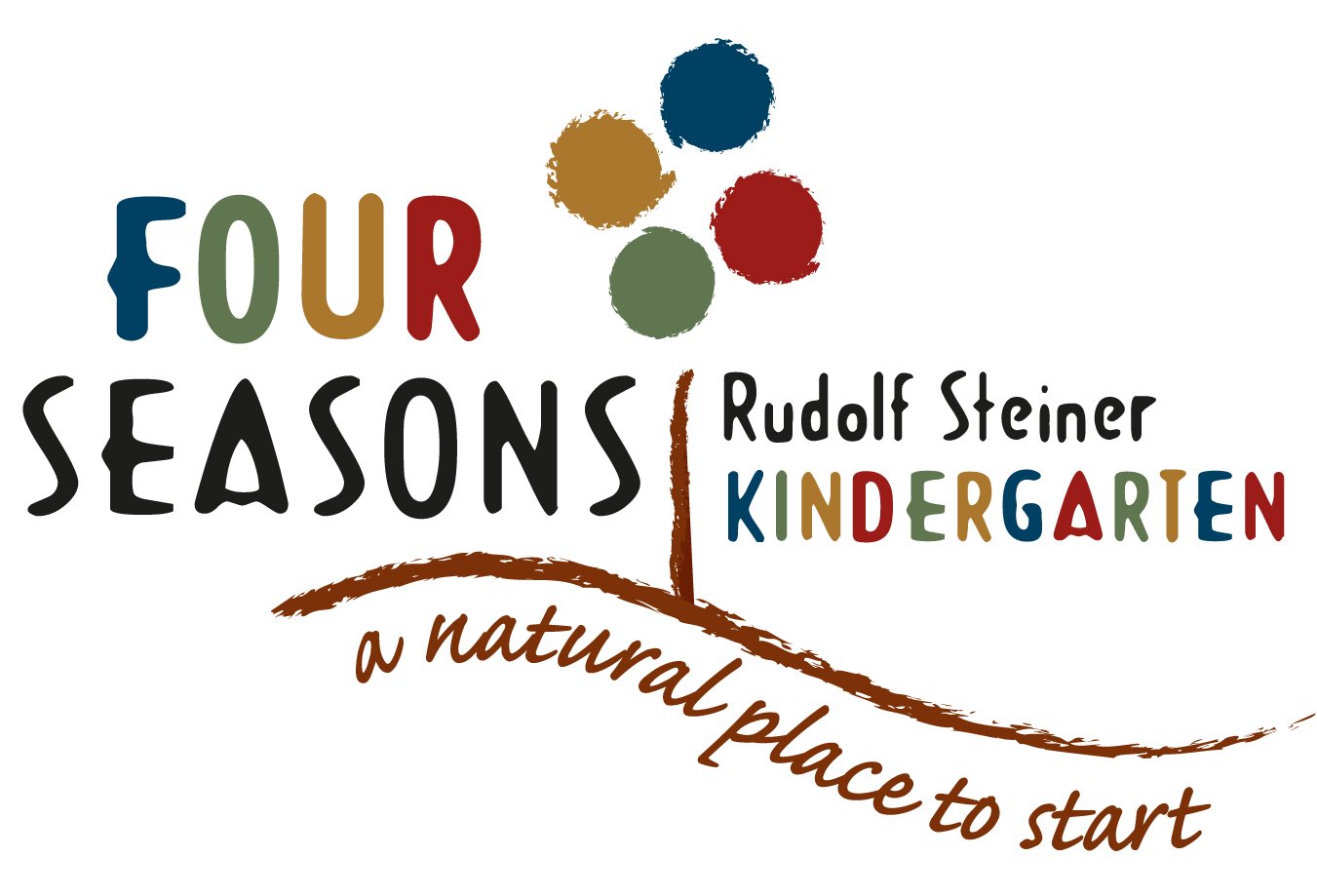Reflecting on photography
Kia ora whānau
Many years ago I attended a workshop at an Early Childhood conference presented by Dr Alex Gunn. The discussion centered around children’s rights, and the issue of children’s consent to be photographed was raised. Photography of children in Early Childhood settings is status quo, with a camera part of a teacher’s toolkit. Until then, I had never stopped to ponder what it might be like for children to be photographed all day long at kindy. Whilst parent permission to photograph children is sought on enrolment to an early childhood service, rarely is child consent sought.
This pondering has stayed with me all this time, and I revisited these ideas again recently when I listened to: When does taking photographs of your children go to far? ‘Simplicity Parenting’ podcast with Kim John Payne. Below are some notes I’ve taken from the podcast, and I thought I’d share them with you, and invite you to listen to the podcast yourself…there’s lots of nuggets for harvesting here for both teachers and parents.
“They (children), see a body shape of their parent, but right where their eyes should be, they see a phone being held up to video them”
When children are in an experience (creative, active moment), we pull out a phone to capture (imprison) the moment….but in some ways that is the moment we shouldn’t take out the phone. When we take our phones out, we lift our children out of their delicate inner experience, thereby keeping children’s attention peripheral (superficial), because they are aware they are being observed, pulling children out of that deeply creative space.
It has become so normal to film children so intensely, and so often, almost a little bit like we’ve become the Parenting (and teaching) Paparazzi where we are following our kids around and they can’t have any private moments without us photographing them.
We are creating family, television, screen and stage stars, where everything a child does has to be filmed. If we keep doing this at such a volume and so often, children can become very caught up in being filmed. It’s almost like they are watching themselves being filmed in a movie reel, which is the the antithesis of deep, creative, selfless experience.
We’re mixing up real life and virtual life…”if there’s not a video it, it didn’t happen, right?”
some ideas from Kim about what we can do about this…
get conscious about what you do – commit to not doing this photography so much
take less photos, and develop them into a real photo album that can be treasured by the whole family, out on display for frequent paging through – about half a dozen photos for every year of each child’s life.
In closing, I hope these thoughts and ideas provide an opportunity for our growth as a community, as we weave together in the raising of our tamariki. I’m committing to hanging out behind my camera less, and taking photos only if they’re necessary.
Shared with you in kindness by your recovering snap-happy addict, Lou on 2 August 2021

